Q Our 200-unit condo association has seven delinquencies. Six of these cases have
been delinquent for over a year. Liens are in place, and all are in the hands
of our attorney for collection. Most are mortgaged past fair market value, so
foreclosure is out of the question. Last year we wrote off a significant amount
but settled for six-months in fees from the mortgage company as per state
statute. The court awarded some attorney fees, but the cost of collection
exceeds the amount awarded. We moved our collections from a large regional firm
to a local attorney in an attempt to cut costs. What more can we do to cut the
collection costs and yet collect what is due?
—Concerned Condo Owner
A “In this economy, the collection of common charges in a New York condominium is
becoming increasingly difficult,” says attorney Eric Goidel, of the Manhattan-based law firm of Borah, Goldstein,
Altschuler, Nahins & Goidel, PC. “Unlike cooperatives where the maintenance lien is superior to the lien of any
lender, a condominium lien is subordinate to the lien of a first mortgage of
record. Accordingly, where a unit owner has defaulted in the payment of common
charges as well as under any first mortgage, a real prospect exists for the
condominium to lose all the arrears; particularly where there is little or no
equity in a unit. Additionally, it is often the case that lenders may take
several years to conclude a foreclosure, and the foreclosure may be forestalled
by actions of the unit owner, such as a bankruptcy filing. All the while,
common charges continue to accrue, which may never be recovered. Even if the board of managers spends some attorney’s fees, which may never be recouped, it should have its counsel take action to
move the foreclosure litigation along so as to stop the hemorrhaging and
ultimately get a paying unit owner in place. Where the board of managers is the plaintiff, and if the unit is occupied, it
may be possible to seek an order from the court appointing a receiver,
establishing some use and occupation to be paid pending the outcome of the
foreclosure litigation. If the unit is rented out, §352-e(2)(d) of the General Business Law of the State of New York establishes a
mechanism for the board of managers to demand that the tenant pay their rent to
the condominium. Since the rent is typically greater than the monthly common charge obligation,
common charge arrears are often ultimately satisfied during the pendency of the
litigation. While litigation costs may often be as much as the delinquency,
most condominium documents allow for the recovery of reasonable attorney’s fees and most judges will allow for a fair recovery. If there are insufficient foreclosure proceeds to satisfy the condominium lien,
a board of managers might attempt to recover sums by engaging a collection law
firm which will generally only derive legal fees based upon a percentage of any
recovery.”




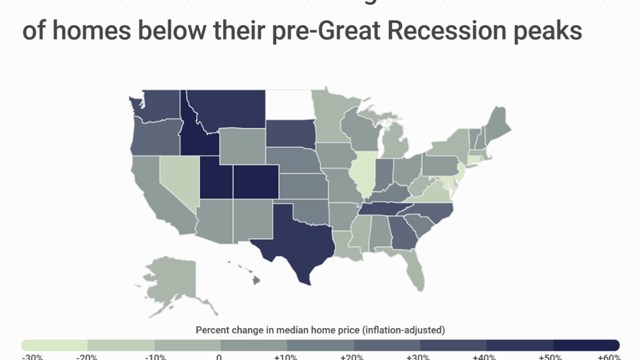
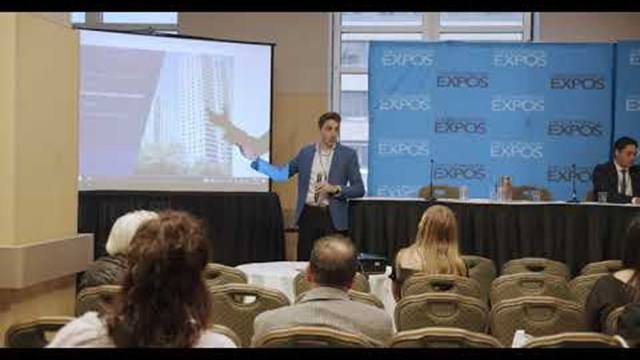

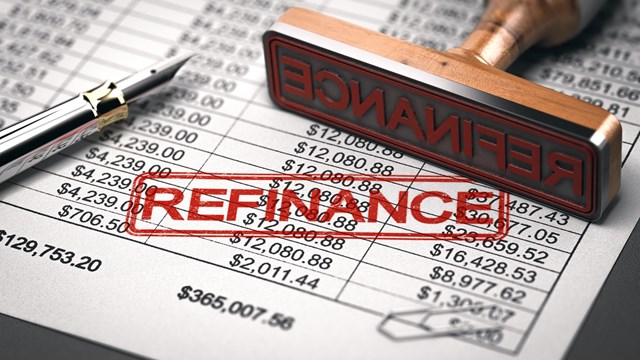
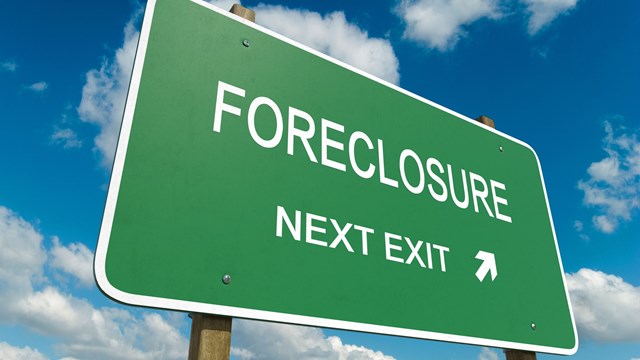
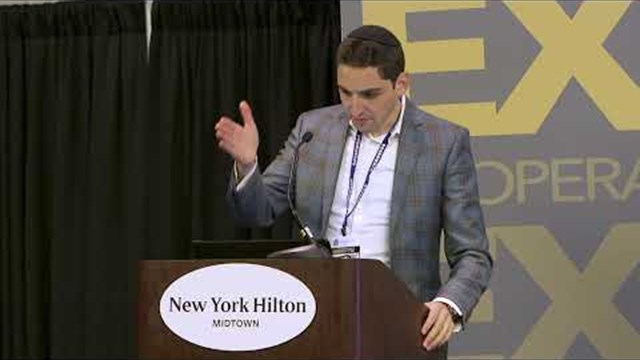
Leave a Comment